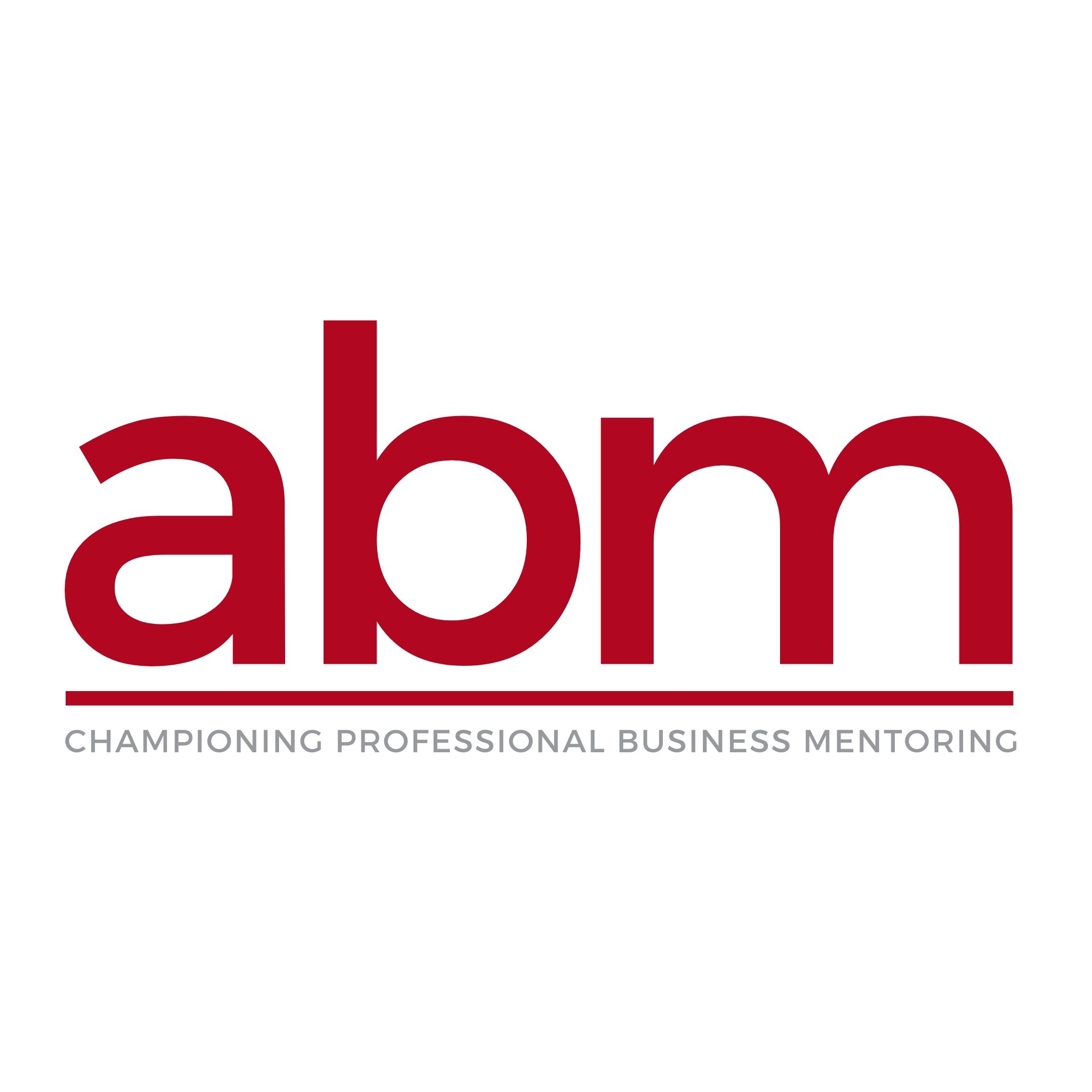With inflation currently high and a cost-of-living crisis upon us, you’d be forgiven for thinking that business confidence would be at an all-time low. But, according to the TSB and Small Business Britain; over two-thirds of small business owners still expect growth during 2023.
That’s a wonderful sign as SMEs account for around 60% of UK employment and contribute around £2.5 trillion to the UK economy.
New business confidence is also high, more than half of UK business owners still believe that it is a good time to start something new according to HR News.
“More than half of UK business owners still believe that it is a good time to start something new.”
Unfortunately, it takes more than optimism to produce and sell goods and services, so why the confidence?
It’s largely down to the fact that many business owners already have experience of tough trading conditions from previous tough times – Covid, Banking recession etc. They are the ones who are prepared to adapt and accept that they’ll have to be smarter and probably graft harder through the downturn. Many will only survive by picking their businesses apart to rebuild it stronger.
Business owners also have to recognise that what got them here isn’t what will get them through a tough year.
Optimism for new business start-ups
The same largely applies to new entrepreneurs. The rate of new business start-ups soared during the pandemic and is still very buoyant. Of course, many won’t make it, but that’s equally true in good times. Entrepreneurs are entering the market at a time they know is difficult so you could deduce that they are better prepared, have different ideas of working with the conditions, as opposed to trying to fight against them. They’re using technology, disruptive marketing, cheaper operating methods and careful deployment of resources to stay lean and profitable.
In every recession there has been, adversity brings opportunity as well as challenges. In Covid, I worked with an on-line retailer that was hitting record results because lock-down and an anti-Amazon agenda meant consumers wanted to shop online with an independent.
Plan, review, plan
The businesses that will cope best will be the ones that follow the following framework:
- Become more strategic and adopting a long-term view
- Create robust systems and processes that are communicated to the entire team
- Measure all relevant activity and get to ‘know’ their numbers
- Be brutally honest about what is and isn’t working. Say no more
- Think creatively to adapt, being prepared to tweak changes or even re-build
- Review and update the plan. Regularly
Business Trap Diagnosis
It’s easy to think that business owners just have to ‘work harder’. That’s part of the business trap and how owners become blinkered, exhausted and despondent about the future.
Our unique diagnostic looks at eight key areas helping you to identify where you are stuck. You will then know what to adapt, what to take on board, what to get help with and, importantly, when to step back and take a more strategic view.
Just one example is the staffing crisis that’s hitting many sectors and industries. It breaks my heart to hear of otherwise strong businesses having to close occasionally because they don’t have sufficient staff to open.
Asking for help is not a sign of weakness
One area of support that is both growing and is an almost unrecognised sector of the economy are freelancers. Small businesses who are coming to the rescue of their larger business cousins by either bridging the gaps in staffing numbers or bringing specialist skills like marketing and e-commerce.
Look at what you need help with and outsource as much as you can. Think logically, you may be adept at doing your own accounts, but by outsourcing to a bookkeeper, you could make time to do more deliveries, negotiate better terms with your suppliers or spend time with your team and clients.
There’s more than one way, more than one answer
I use freelance talent in my business as much as I can, and believe me, it works. I get to work with enthusiastic, talented and reliable people when I need them. I don’t have to employ them, or pay towards their holidays, illness or pension contributions, they also come trained and experienced.
I have managed to start and scale two businesses without employing any full-time staff.
I view this as a strength of my business. Too few business owners ask for ‘help’ thinking they have to do it all themselves.
Knowing when to ask for help is a vital part of the businesses ability to cope with the trials of economic fortune.
Whilst I am not suggesting that there aren’t businesses and sectors struggling because of the current trading conditions, many business owners have every right to be optimistic. It’s not all blind faith, it’s knowing and being prepared to do what needs to be done, which sometimes isn’t pretty.
Always remember that although self-employment can be a lonely place, you don’t have to face anything alone. There’s always someone who’s willing to listen, give you an informed opinion and the motivation to keep going.
Will 2023 be the year business changes, for good?
2023 will test every business and every sector but the ones that make it won’t only be stronger and better able to face what’s coming, they’ll have created a new business model and a new generation of business warriors.
Support to SMEs
We offer lots of help for small business owners. From workshops to online learning to 1-2-1 tailored mentoring. Simple, non-scary steps to look differently at your business and give you the resilience and the vision to cope with what’s happening in your business and coming down the line.
If you are feeling trapped, take the Business Trap Diagnosis to understand where your starting point to kick-on to greater success is.


